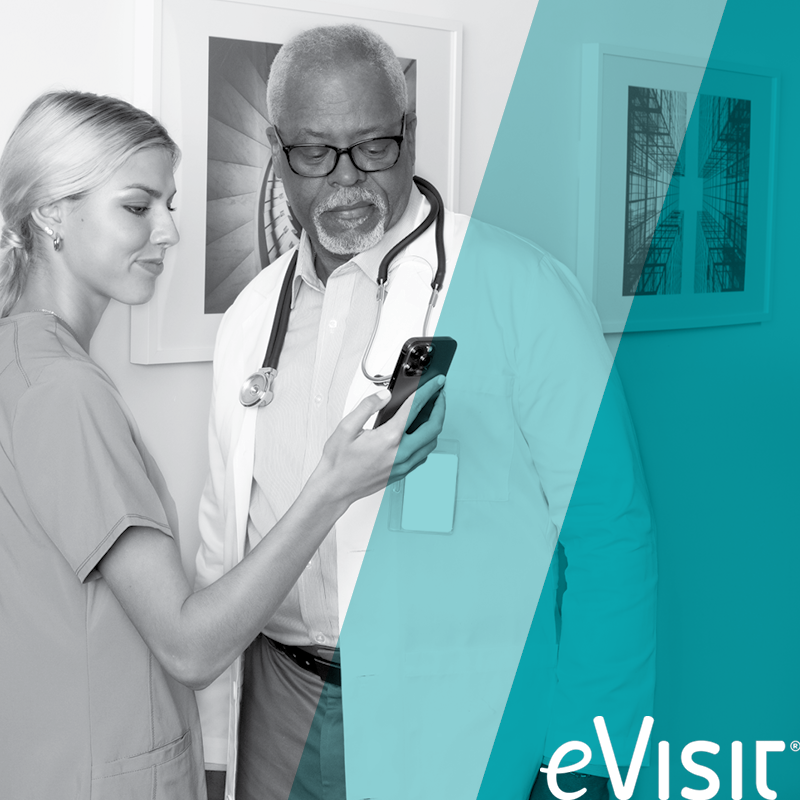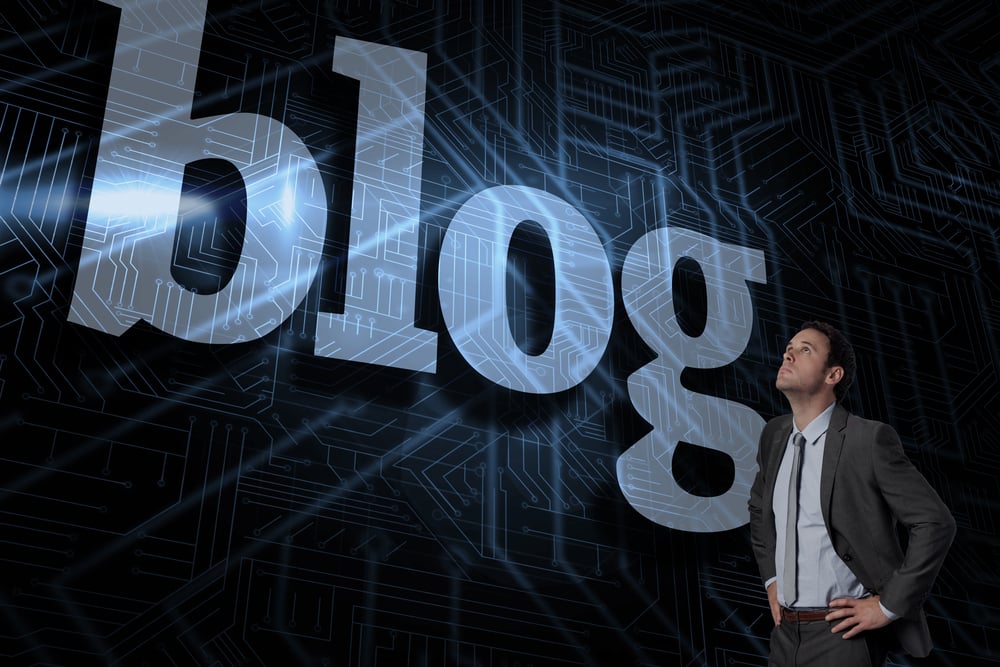If you already know and love telehealth, you're familiar with the pleasure and convenience of remote visits and mobile monitoring. Can it get any better? Yes, in fact--more medical devices are becoming telehealth-friendly every day. That means convenience for patients and less stress for you. We took a look at industry trends and are happy to report these medical devices will likely be the next things you use alongside or integrate into your telehealth program. Are you using any of these already?
Smart Glasses
They may not be as ubiquitous as smartwatches yet, but hi-tech glasses are expected to grow in popularity for the mHealth market. Especially as virtual and augmented reality make their way into healthcare, these devices will become more and more commonplace. Medical experts speculate that since eyeglasses are already so widely worn, integrating mobile tech into them is no-brainer. They can be easily used for recording data while maintaining contact and conversations with your patients, and save physicians valuable time. Health systems are beginning to invest more in smart glasses, too, so you can expect more clinician-friendly devices to debut in the coming year.
Exam Equipment
We've discussed remote monitoring and exam equipment here on the eVisit blog before. This is just your reminder that these technologies are going to come into the mainstream quick! Whether you're performing a remote consult for another physician, or working with chronic care patients who are in their homes or care facilities, mHealth medical equipment is going to become the standard for connected care. Smartphone-enabled otoscopes, glucose monitors and EKG machines are becoming commonplace in telemedicine toolkits. Other tools, like the Eko digital stethoscope, are bringing smartphone functionality to the exam room, so remotely-recorded information will become the standard for telehealth visits and in-office appointments alike.
Wearables
Wearables have had a hard time making it in the medical field. Luckily, those days may be over soon as more clinically-focused patient wearables come onto the scene. Since manufacturers have seen the value of wearables in mHealth, companies have been sprinting to make devices with real healthcare applications. The Philips Health Watch is slated to join the company's health product family this fall, connecting patients and physicians to a cloud-based biometrics dashboard. And hospitals are using medical-grade wearables to detect and prevent cardiac stress and other health conditions that can be life-threatening in the home. Keep an eye on your patients' wearable use, and you'll notice the shift from basic consumer biometric tracking to workable clinical data.
The mHealth industry is getting big! We'd love to know what devices you're keeping an eye on, and which ones you're using in conjunction with your telehealth and remote monitoring programs.




